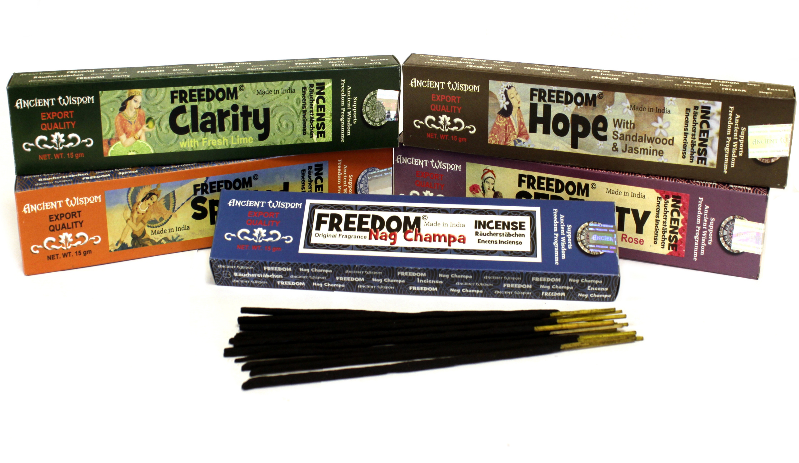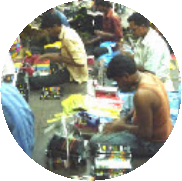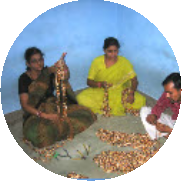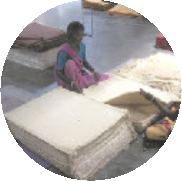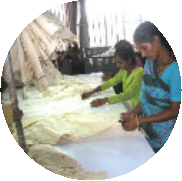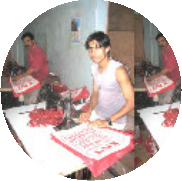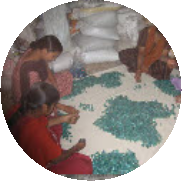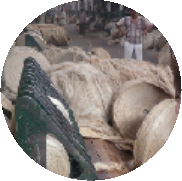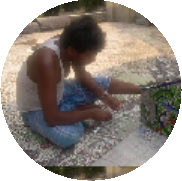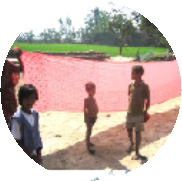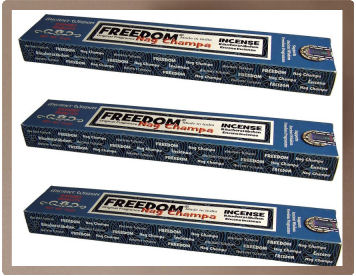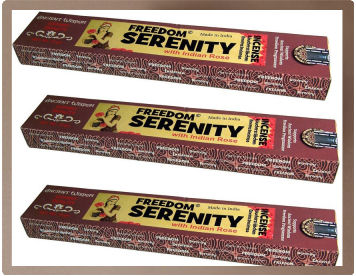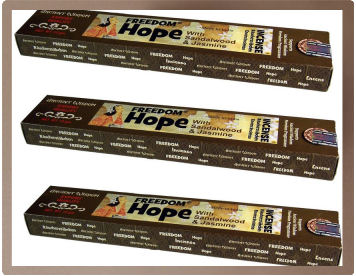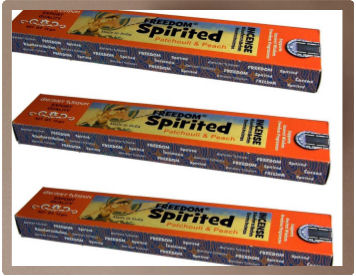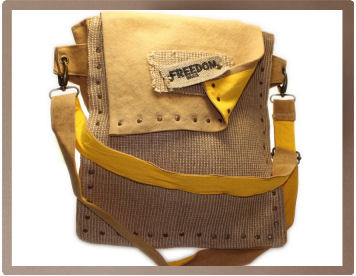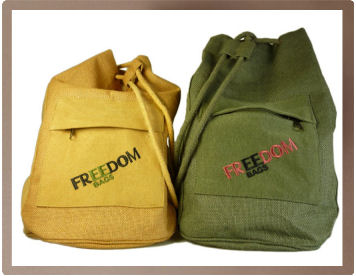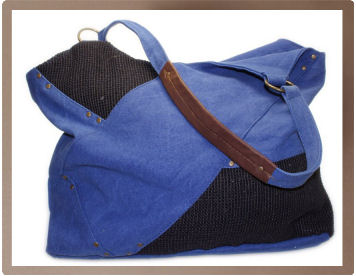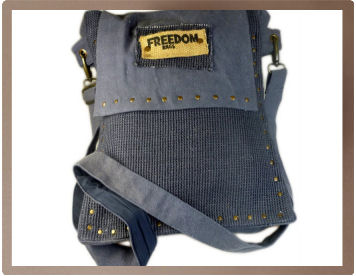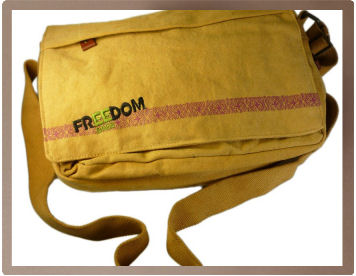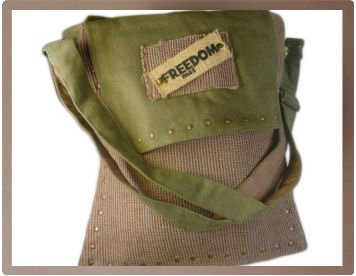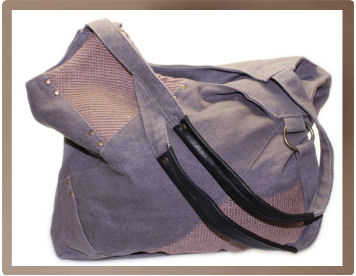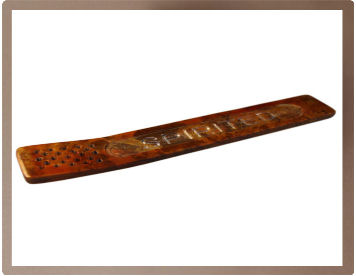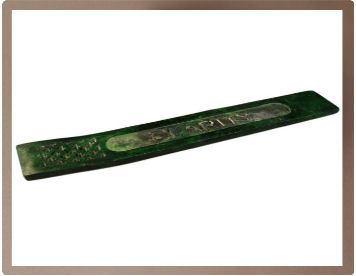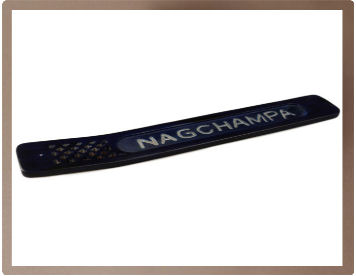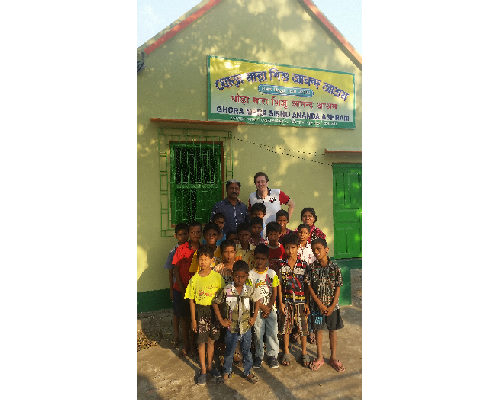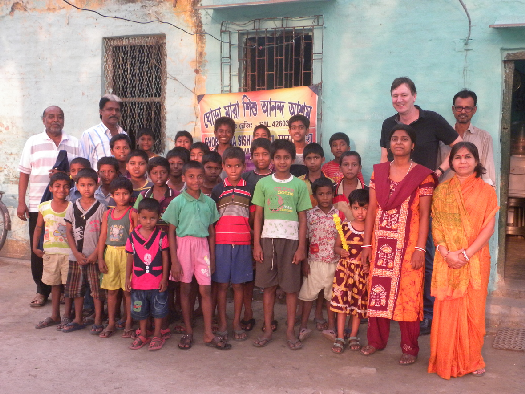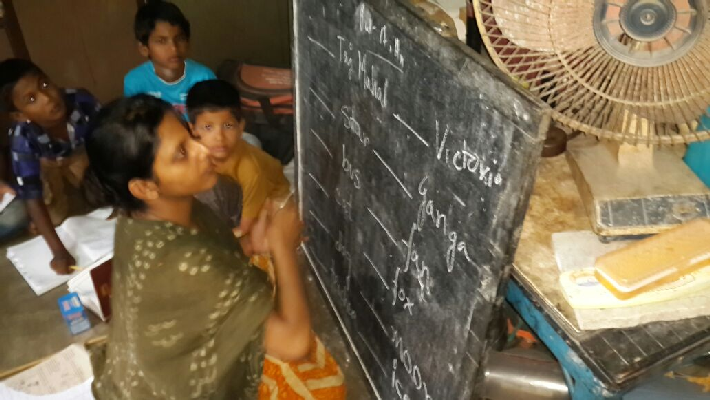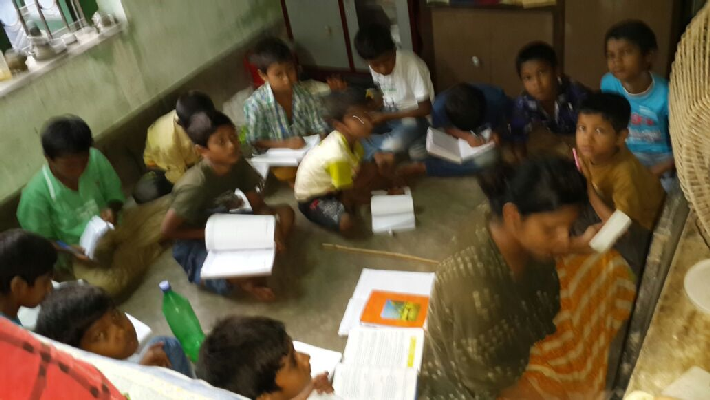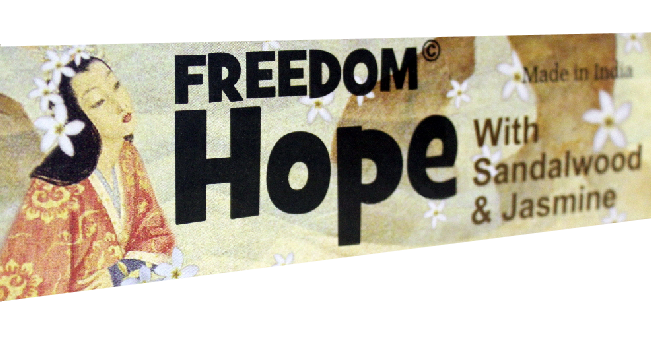Welcome to the AW Freedom Fund.
Giving Hope To India Low Paid Workers.
Make a meaningful difference.
0
Awesome Projects
Freedom Incense Project
Freedom Incense Holders
and Freedom Project Bags.
0
Freedom Incense Pounds Generated
The 1st shipment of incense received generated over £10,000 which will enable a significant number children of workers to go good English medium schools and provide food and education for others.
0
Freedom Bags Pounds Generated
It`s early days in the bag project but the 1st shipments of bags received has generated over £500 which is going towards English lessons for the workers in Calcutta that make these bags.
The idea is to give a little from each item sold directly back to the workers who make that product in India.
For example 10p from the sale of a packet of Incense sold in London can go directly to incense packers in Bangalore.
See how even 10p makes a meaningful difference to low paid manual workers and offers a real hope of freedom.
In villages and workshops all over India people work producing hand crafted products for export to western countries. Although pay varies depending on area and skills, about 150 rupees a day (about £2) is standard. Handicraft exports create much needed employment in rural areas but while-ever supply of labour outstrips supply pay rates will be low. It is possible to live on this level of pay in India (many exist on less) but life is fundamentally hard.
